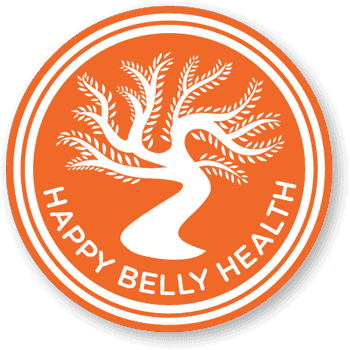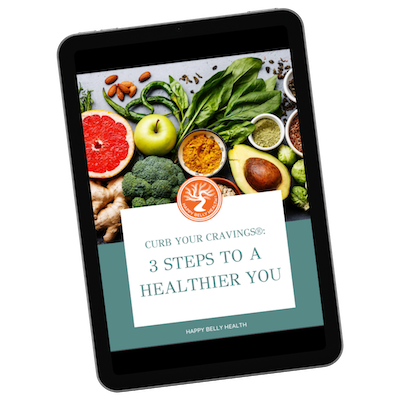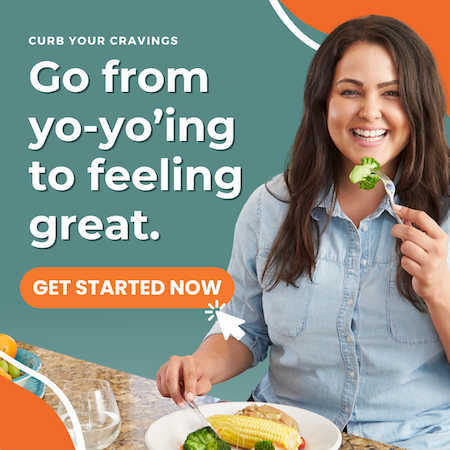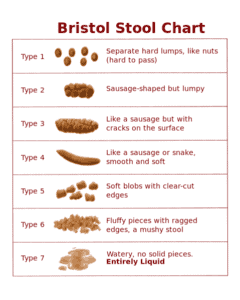The Eating Hygiene Series #3 of 11
When was the last time you actually chewed?
This is going to sound like an obvious statement:
You have to chew your food.
It’s incredible how easy it is for us to forget this simple fact. When we’re rushing, we chew minimally and swallow largely unchewed food, leaving it to our stomach to work things out.
But digestion begins in the mouth, where salivary amylase begins to break down carbohydrates as they enter your digestive tract. This enzyme is an important precursor to what happens in the stomach. When you skip this step, you set yourself up for more difficult internal digestion and less nutrient absorption.
Chewing with intention also helps us slow down, which is important, because non-stressed eating is key to digestion. One of the most important things you can integrate into your eating hygiene is the practice of chewing your food thoroughly. It helps maneuver you from the stressed-out sympathetic to the more relaxed parasympathetic nervous system state so you can enjoy and benefit from eating your food.
“…HBH taught me great eating habits, how to make better food choices, and how to think about food more intelligently. The end results were amazing – I lost the weight I wanted…” — Michael M.
EATING HYGIENE TIP #3
This week, when you eat, chew your food for as long as possible. See how many “chews” it takes before you feel like you absolutely have to swallow. A piece of steamed cauliflower might only take 20 chews, a small bite of steak up to 80. Try to gauge your average on different types of food and improve it. You can play around with techniques, like moving food to the side of your mouth when you think you can’t chew anymore, to see if you can get a few more chews in.







